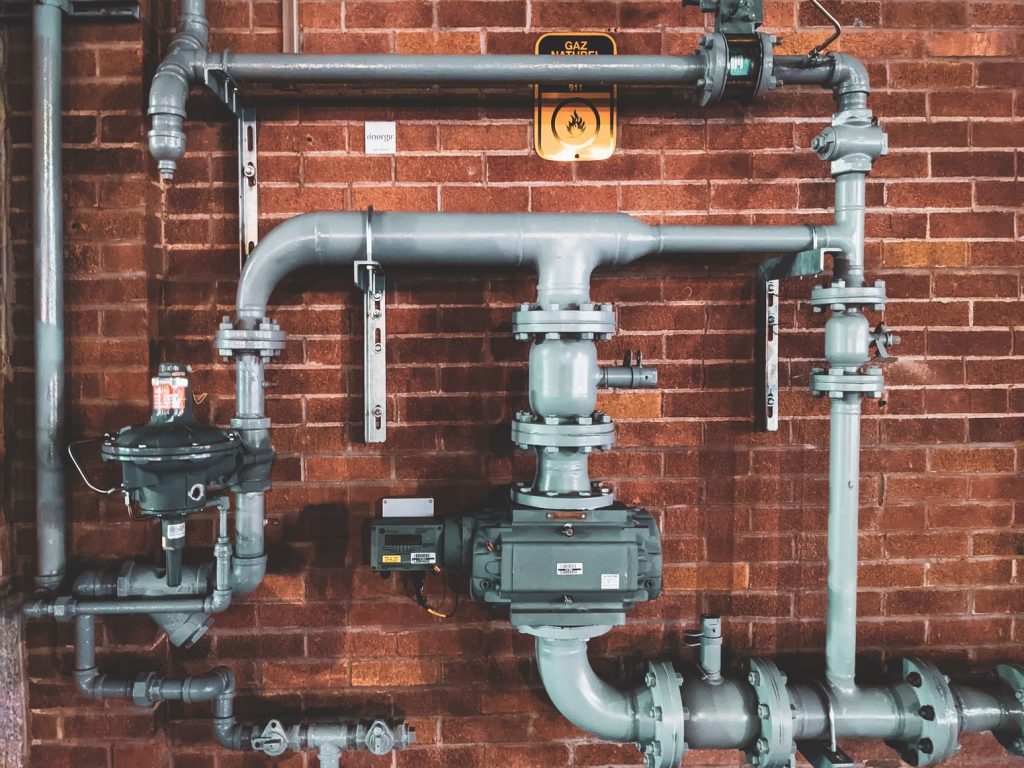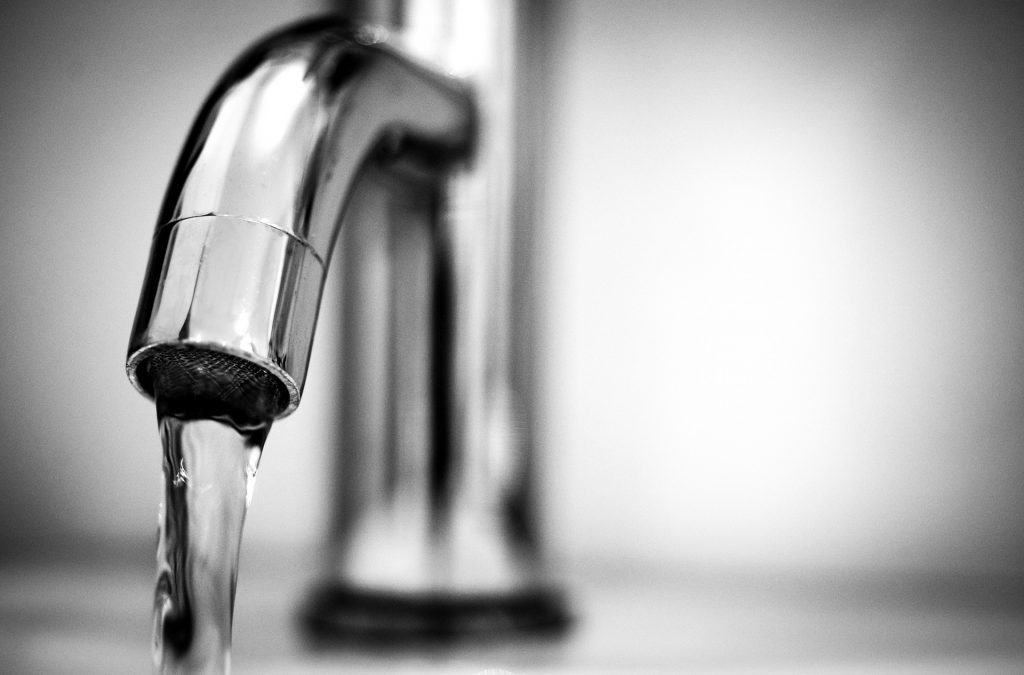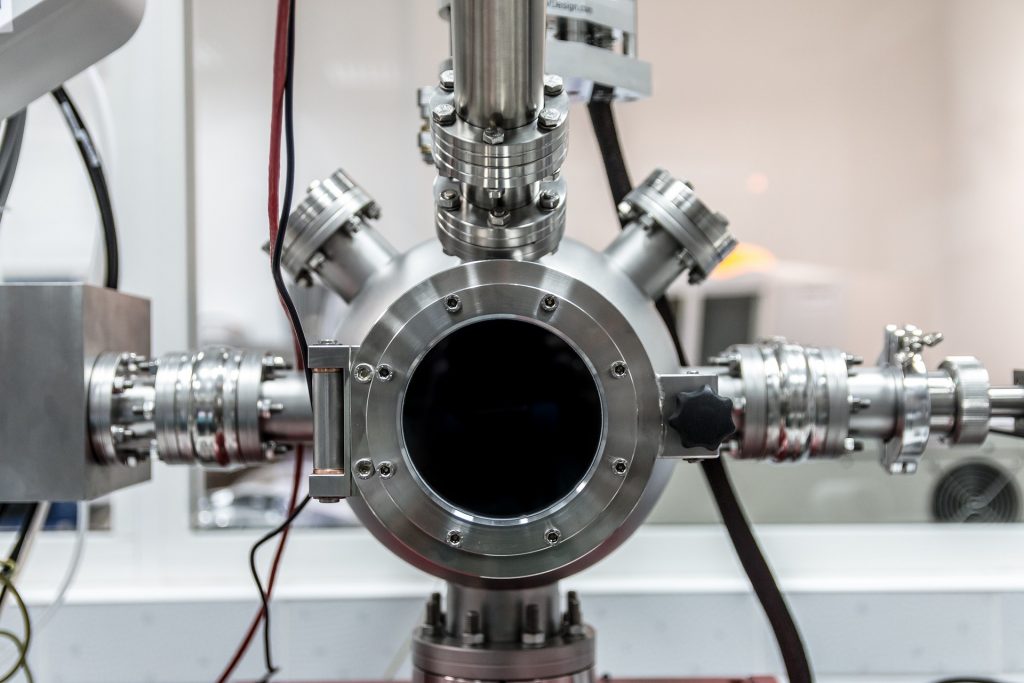A hot water tank is one of the most essential pieces of equipment in your house. Besides providing hot water on demand for your everyday needs, it saves you time that would otherwise be wasted manually heating water every time you need to wash or bathe.
But there is a lot to take into account when selecting a hot water system that you may not be aware of. Besides, this isn’t something you buy very often.
So, if you’re in the market for a new water heater for your home and wondering what options you have, this guide is for you.
We’ll uncover the different types of hot water tanks and how you can find one that fits your household needs.
You can also check out this article if you’re looking for information on hot water heater expansion tanks.
Main Types of Hot Water Tanks
There are five types of hot water tanks available to homeowners, all of which vary based on their functionality and how they heat water. Let’s look at how they differ so you’ll be better placed to choose the one that fits you and your home.
Tankless Hot Water Tanks
As the name suggests, tankless hot water tanks use no tank to deliver hot water. Instead, tankless water heaters use super-heated coils to instantaneously provide hot water. These water tanks differ from tank water systems in that they offer an almost limitless hot water supply on demand.
Pros:
Imagine not having to wait up any time you need hot water. That’s possible with on-demand water tanks. And since tankless heaters don’t require any tanks, that means you will save more space.
Given that tankless heaters only heat water when needed, they use up less energy. These tanks will also serve you longer—more than 20 years compared to conventional water heaters, which last 10 to 15 years
Cons:
While tankless can adequately accommodate a small household, it may not meet your demands if you have large hot water needs. Here’s where the challenge arises; if you have two plumbing fixtures running simultaneously (say your dishwasher and shower), the hot water is likely to go cold. To continue enjoying hot water, you may need to install tankless units each for every appliance.
In addition, it’ll cost considerably more (almost double) to install a tankless tank compared to other traditional hot water tanks.
Caution: To ensure proper functioning and reliability of your tankless water heater, ensure to flush the system regularly, preferably once a year, to eliminate accumulated mineral deposits.
Conventional Hot Water Tanks
Also called traditional storage tank water heaters, conventional water tanks are the most common water heaters. The tanks feature insulated storage that keeps the water hot after heating.
Pro:
Compared to other hot water tank alternatives, conventional hot water tanks will cost less to acquire and install unless, of course, you opt for a highly modern one. If well maintained, they will deliver steady performance over time.
Cons:
Conventional hot water tanks require energy to maintain water temperature. By the end of the day, they consume a lot of energy. Apart from that, the hot water available with conventional hot water tanks is determined by the size of the heater tank. The larger your water needs, the larger size of your water tank and the more space you’ll need in your home.
Because traditional storage tanks hold water for extended periods, they’re vulnerable to water damage. Lack of regular professional maintenance could lead to rust and corrosion compromising your health and the functionality of the water heater.
Solar Hot Water Tanks
Solar water heaters are powered by the sun. They require the mounting of solar panels (on the roof or in the yard) that collect and transfer energy to heat the water in the insulated water tank.
Pros:
So far, all the hot water systems we’ve covered use non-renewable energy. If you’d like to use the most energy-efficient option, solar is definitely it. Solar-system water heaters will save you energy costs as they rely on solar energy. Another huge advantage of solar hot water tanks is the incentives and rebates you enjoy in state and federal tax credits.
Cons:
Solar systems require gas or electricity backup to heat your water if the solar panels don’t collect enough energy. Additionally, they’re expensive to purchase and install and could take you a few years of saving in power costs to break even.
Caution: If you live in extremely cold regions (or regions with more rainy days than sunny ones), you might have to pass on this one. Even in sunny regions, the solar performance will be compromised on gray days.
Heat Pump Water Heater
You may know heat pumps as systems that control indoor temperature. But what you may not know is they are also used to provide hot water. Heat pump water heaters, also known as hybrid water heaters, use heat collected from the environment to heat water. They’re unique in that they only require electricity to move the heat collected to the water tank.
How efficient!
Pros:
Heat pump water heaters have the potential to save you money as they use 60% less energy than conventional water heaters.
Cons:
Like solar energy, a heat pump may not be best for cold regions and places in your home, such as the basement. In fact, they’re only installed in temperatures that range from 40 to 90 degrees.
Given how expensive these systems are, be ready to take a few years before your electricity bill savings can match your investment. Price aside, as heat pumps are placed on top of water heaters, you’ll need at least 8 feet from the floor to the ceiling for it to be installed and to operate safely and efficiently.
Condensing Water Heater
You may confuse them for conventional heaters, but condensing water heaters operate uniquely. They function by collecting hot exhaust gases from your home, typically expelled through the flue, and redirecting them to the heat exchanger inside the tank. As the cold water enters the tank, it absorbs the heat of the exhaust gases.
Pros:
Provided you’re using a qualified heating system, you’ll minimize your carbon footprint by reducing exhaust gases. You’ll have significant energy savings by using the boiler or gas-fired furnace you already have in your home.
It’ll also wow you how efficient condensing water heaters are. They’re capable of producing hot water as fast as tankless water heaters.
Cons:
The initial cost of a condensing water heater alone can be 2 to 3 times that of a conventional water heater. Besides, switching to a condensing water heater can be a time-consuming affair. It requires gas lines and venting alignments and reconfigurations, which may add up to more costs. Also, since condensing water heaters are typically designed for heavy-duty water usage, be ready to save some significant dedicated space for this giant machine.
Which Hot Water Heater Should You Choose?
When it comes to the big question of which water heater best suits your home, consider:
The needs of your household: Remember, no cost-saving will cover the frustration of cold-water showers.
Energy consumption: To maximize energy and cost-saving, ensure you check the energy rating of the water heater before settling on it.
Cost: It’s a good idea to estimate and compare the annual operational and maintenance cost of all kinds of hot water tanks.
Bottom Line
While there are all these different types of hot water tanks, selecting the one that best suits your household comes down to understanding your needs, how much you wish to spend, and how much energy you want to save. With that, you should have no trouble picking the right water heater for your home.
[related_posts_by_tax posts_per_page="3" format="thumbnails" image_size="medium"]









